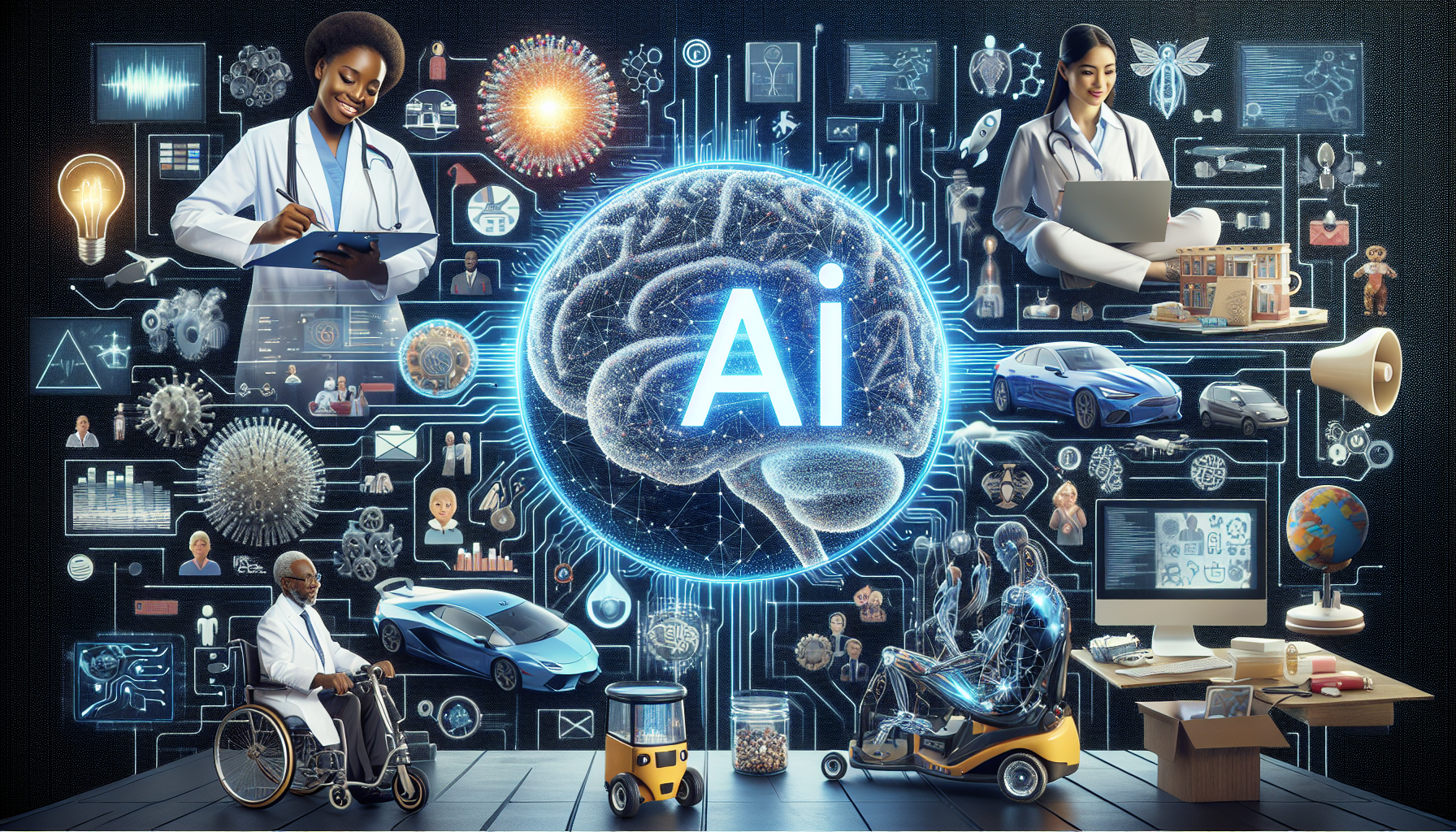Artificial Intelligence (AI) has been one of the most significant technological advancements in modern times, affecting almost every aspect of society. From revolutionizing industry operations to impacting our daily lives, AI’s evolution continually reshapes the landscape of human potential and challenges our understanding of machine intelligence. This article delves into the ways AI has advanced and the implications these advancements have on society.
Revolutionizing Industry and Employment
AI transforms industries by optimizing operations, increasing efficiency, and creating new opportunities. In manufacturing, for example, AI-powered robots can perform tasks with precision and without fatigue, resulting in higher productivity and fewer errors. While beneficial for costs and quality control, this automation has societal implications for employment, as it changes the nature of the work available and the skills required.
The job market is gradually shifting to accommodate these changes. There is a growing demand for AI specialists, data scientists, and employees who possess the skills to work alongside AI, such as problem-solving and critical thinking. This transition necessitates rethinking education and training programs to equip the workforce with relevant competencies.
The Rise of Smart Technologies
AI has also given rise to intelligent technologies that infiltrate our everyday lives. Smartphones, home assistants, and even smart appliances leverage AI to learn from user interactions and improve functionality. For instance, AI-driven personal assistants can schedule appointments, control other smart devices, and provide information tailored to individual preferences.
The convenience offered by innovative technology comes with privacy considerations. As devices collect and process vast amounts of personal data, data security and user privacy concerns are at the forefront. Society must balance the benefits of these technologies with the rights of individuals to maintain control over their personal information.
Healthcare and AI
Healthcare is one of the sectors most positively impacted by AI advancements. AI-driven diagnostic tools allow for faster and more accurate medical imaging analysis, while AI in genomics has facilitated personalized medicine approaches that tailor treatments to individual genetic profiles. Additionally, AI algorithms can predict disease outbreaks and patient admissions, aiding in resource planning and preventive healthcare.
While these advancements can potentially improve patient outcomes and healthcare accessibility, they raise ethical questions about decision-making in medicine. Trusting AI with life-or-death decisions necessitates rigorous testing and ethical frameworks to ensure fairness and accountability.
AI and Ethical Implications
AI’s progress brings ethical considerations to the forefront, particularly regarding decision-making, bias, and accountability. Concerns arise when AI systems make decisions without transparent reasoning, potentially leading to outcomes that could reinforce societal biases. Ensuring that AI models are free of prejudices and can explain their choices is critical for ethical AI deployment.
The development of ethical AI also requires a diverse set of voices in the creation process to represent different perspectives and values. As society increasingly relies on AI, it is crucial to have regulations and guidelines to ensure these technologies are designed and used responsibly.
Global Connectivity and AI
The global reach of AI has the power to connect societies on an unprecedented scale. AI-driven translation services break language barriers, facilitating communication and understanding among different cultures. Furthermore, AI can analyze global trends and data, allowing for better-informed decisions on issues such as climate change and economic policy.
This connectivity fosters a sense of global community but poses challenges related to the digital divide and equity. Access to AI benefits should not be limited to technologically advanced nations, and efforts must be made to provide equitable AI resources to developing countries.
The Future of AI Integration
The path of AI integration into society indicates a future where human-AI collaboration becomes increasingly seamless. Augmented reality, powered by AI, provides a glimpse into a world where digital information is integrated into our physical environment, revolutionizing how we work, learn, and interact.
Preparing for this future requires foresight and adaptability. Continuous dialogue between technologists, policymakers, educators, and the public will be essential to steer AI toward benefiting humanity.
Conclusion
Advancements in artificial intelligence have far-reaching consequences for society. While offering unprecedented opportunities for development and efficiency, they also bring challenges that must be carefully managed. Balancing the benefits of AI with its ethical, employment, and privacy implications is an ongoing endeavor that requires collaborative and thoughtful strategies. As AI becomes further intertwined with the fabric of society, a proactive stance will ensure that its advancements contribute to the shared prosperity and well-being of all.

